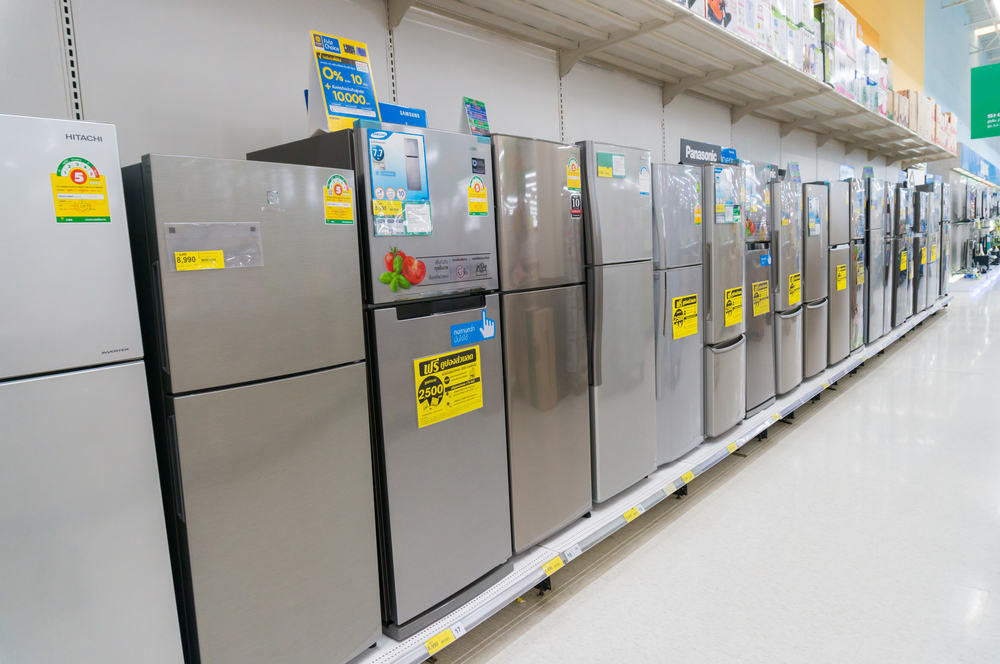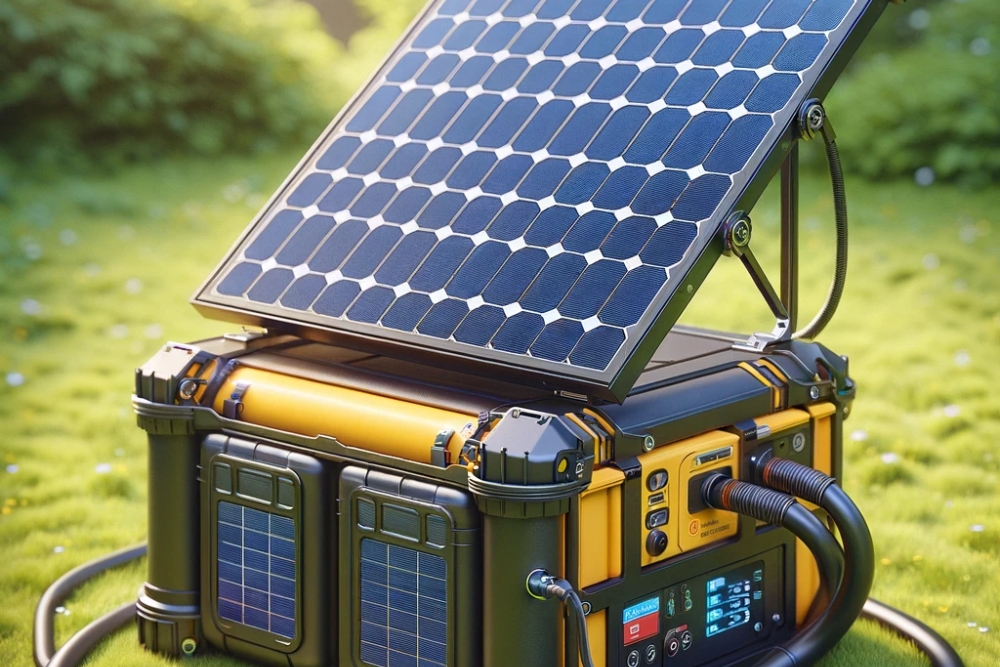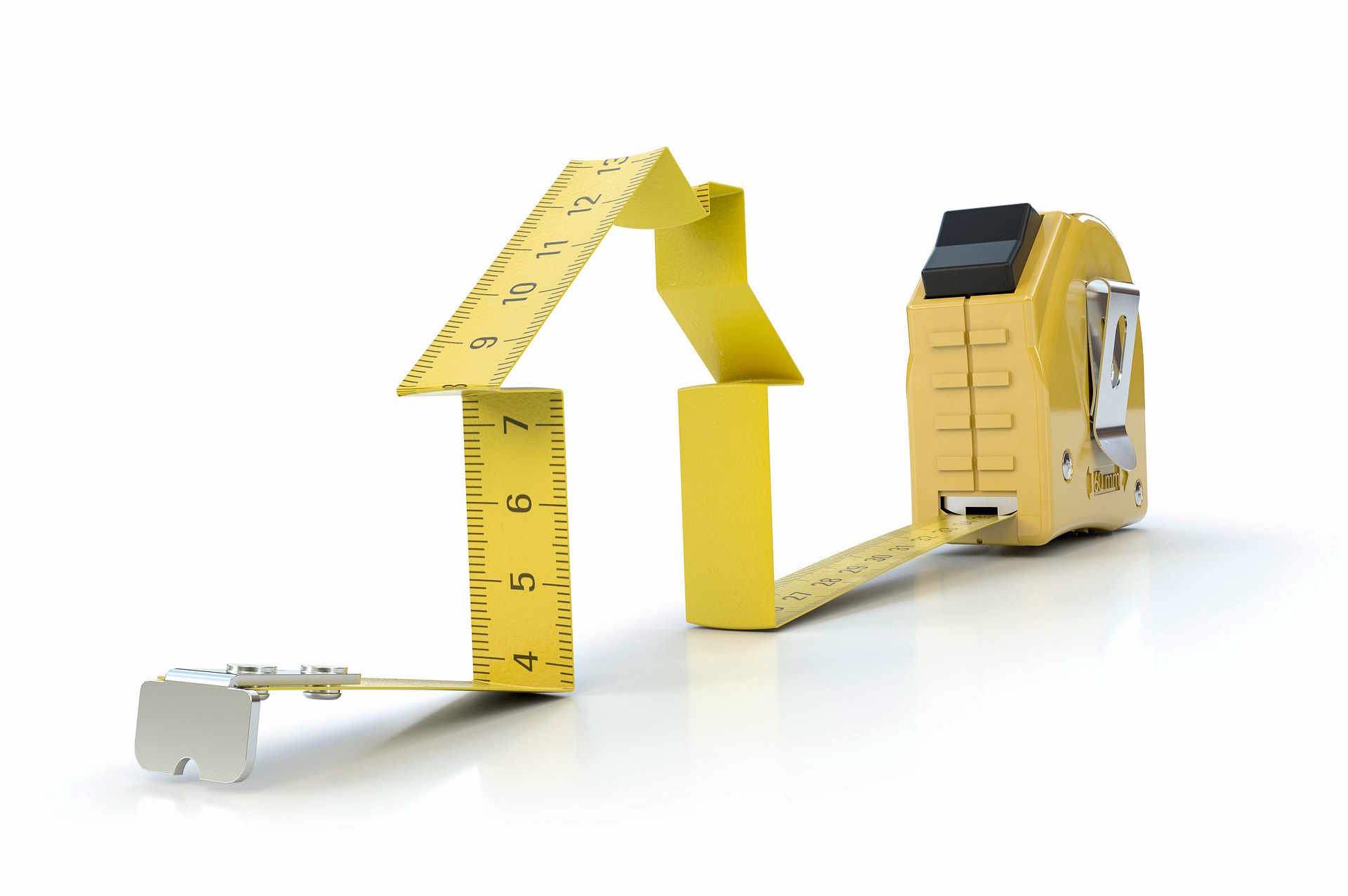Refrigerator Buying Guide: When to Upgrade and How to Choose Wisely
A refrigerator is a crucial appliance in any home, keeping our food fresh and safe for consumption. However, like all appliances, refrigerators have a limited lifespan and eventually need replacing. This guide will help you determine when it's time to upgrade your fridge and how to choose a new one that balances quality and affordability. We'll also explore the best times to snag a great deal on your next refrigerator purchase.

When Should You Consider Upgrading Your Refrigerator?
Knowing when to replace your refrigerator can save you money on energy bills and prevent food spoilage. Here are some signs that it might be time for an upgrade:
-
Age: Most refrigerators last between 10 to 20 years. If yours is approaching or exceeding this range, it’s wise to start considering a replacement.
-
Inefficiency: If you notice your energy bills climbing or your fridge is running constantly, it may be losing efficiency.
-
Inconsistent temperature: Food spoiling quickly or frost building up in the freezer can indicate temperature control issues.
-
Excessive noise: While some noise is normal, loud or unusual sounds could signal mechanical problems.
-
Visible damage: Rust, cracks, or other visible damage can affect your fridge’s performance and safety.
How to Choose an Economical Refrigerator Without Compromising Quality
When it’s time to buy a new refrigerator, you’ll want to balance cost with quality. Here are some tips to help you make a smart choice:
-
Determine your needs: Consider your family size, cooking habits, and available space to choose the right size and style.
-
Look for energy efficiency: Choose an Energy Star certified model to save on long-term operating costs.
-
Compare features: Decide which features are must-haves and which you can live without to avoid overpaying for unnecessary extras.
-
Read reviews: Look for models with positive customer feedback and reliability ratings from consumer organisations.
-
Consider the warranty: A good warranty can save you money on future repairs and indicate the manufacturer’s confidence in their product.
What Are the Best Times to Buy Refrigerators at Reduced Rates?
Timing your purchase can lead to significant savings on a new refrigerator. Here are some of the best times to shop for deals:
-
End of financial year sales: Many retailers offer substantial discounts in June to clear inventory.
-
Black Friday and Cyber Monday: These shopping events in November often feature great appliance deals.
-
New model releases: When new models are introduced (usually in May), older models are often discounted.
-
Holiday weekends: Long weekends like Australia Day or Labour Day often come with appliance sales.
-
End of month or quarter: Retailers may offer deals to meet sales quotas during these periods.
Popular Refrigerator Models and Their Features
To help you start your search, here’s a comparison of some popular refrigerator models available in Australia:
| Model | Type | Capacity | Energy Rating | Key Features | Estimated Price |
|---|---|---|---|---|---|
| LG GT-442BWL | Top Mount | 441L | 3.5 Stars | Door cooling, Multi-air flow | $1,099 |
| Samsung SRL456LS | Side-by-Side | 456L | 3 Stars | SpaceMax Technology, Power Freeze | $1,499 |
| Fisher & Paykel RF522BRPX6 | French Door | 519L | 3.5 Stars | ActiveSmart Technology, Humidity Control | $2,399 |
| Hisense HR6TFF350S | Top Mount | 350L | 3.5 Stars | Multi-air Flow, Reversible Doors | $699 |
Prices, rates, or cost estimates mentioned in this article are based on the latest available information but may change over time. Independent research is advised before making financial decisions.
Conclusion
Upgrading your refrigerator is a significant decision that impacts both your daily life and your wallet. By paying attention to the signs that your current fridge is nearing the end of its life, choosing a new model that balances economy and quality, and timing your purchase to coincide with sales events, you can make a smart investment in your home appliances. Remember to consider your specific needs, energy efficiency, and long-term costs when making your selection.




